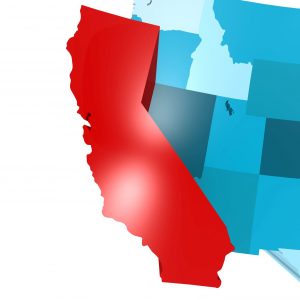At some point during the life of a limited liability company (LLC), the owners may decide that it is time to close the business. The process of closing a business is just as important as the process it took to create the LLC, because, among other things, the owner(s) need to provide notice to creditors and ensure that the LLC is beyond the reach of creditors. The formal process of closing your LLC is called “dissolution.” While there are many ways to dissolve an LLC, including involuntary dissolution, this article focuses on voluntary dissolution by the LLC’s member(s) and for those LLCs which were active in conducting business during its lifespan.
In order to voluntarily dissolve an LLC, the member(s) should first look to the company’s formational documents, which are the articles of organization and operating agreement. In the majority of cases, one of these two documents will contain procedures and/or rules for how to dissolve the company. In most cases, the procedure begins with a vote of the LLC members on a resolution to dissolve. It is important that any specific requirements regarding the voting of member(s) are followed, such as providing for when a meeting to vote should take place, whether any advance notice to the LLC’s members is required in preparation for the meeting, and what required percentage of members is needed to pass the vote.
In some cases, where there are no such rules set forth in an operating agreement or articles of organization or the company has not drafted an operating agreement to begin with, California’s LLC Act specifies a default method for voluntarily dissolution of an LLC, which is by simple majority vote of the member(s) entitled to vote on the resolution.
“Winding Up”
Following the dissolution of the LLC, the LLC will continue to exist for the sole purpose of “taking care” of certain final matters, also known as “winding up” the company. One or more members of the LLC can be designated to handle the process of winding up. Under California’s LLC Act, key winding up tasks include: 1) prosecuting and defending actions by or against the LLC in order to collect and discharge obligations, 2) disposing of and conveying the LLC’s property, and 3) collecting and dividing the LLC’s assets. Please contact our office for specific guidelines how the LLC’s assets should be distributed.
Certificate of Dissolution/Cancellation
After dissolving and winding up the LLC, members are required to file a certificate of dissolution or cancellation with the Secretary of State (“SOS”). If all members of the LLC vote to dissolve the business, there is no need to file a certificate of dissolution, only a certificate of cancellation. To complete this process, the following information needs to be provided: 1) the name of the LLC, 2) the LLC’s SOS filing number, and 3) a statement that the proper final tax return has been or will be filed with the Franchise Tax Board. There is no fee to file the certificate of cancellation by mail, however if the certificate is delivered in person, there is a $15 special handling fee.
Contact your San Jose Corporate Lawyer Today
Each LLC and its dissolution process is unique and there may be other things to consider during this important process. At Structure Law Group, our San Jose business lawyers can provide guidance on all aspects of dissolving LLCs. Please call our office at 408-441-7500 or email us today.
 San Jose Business Lawyers Blog
San Jose Business Lawyers Blog


